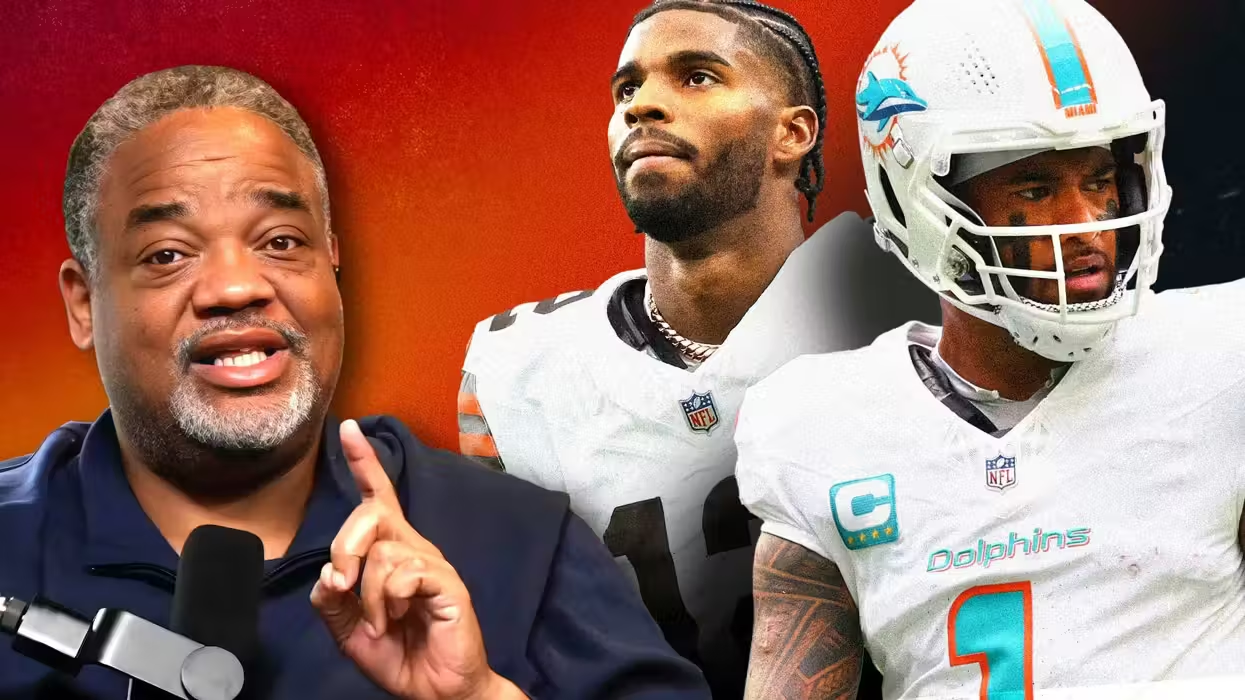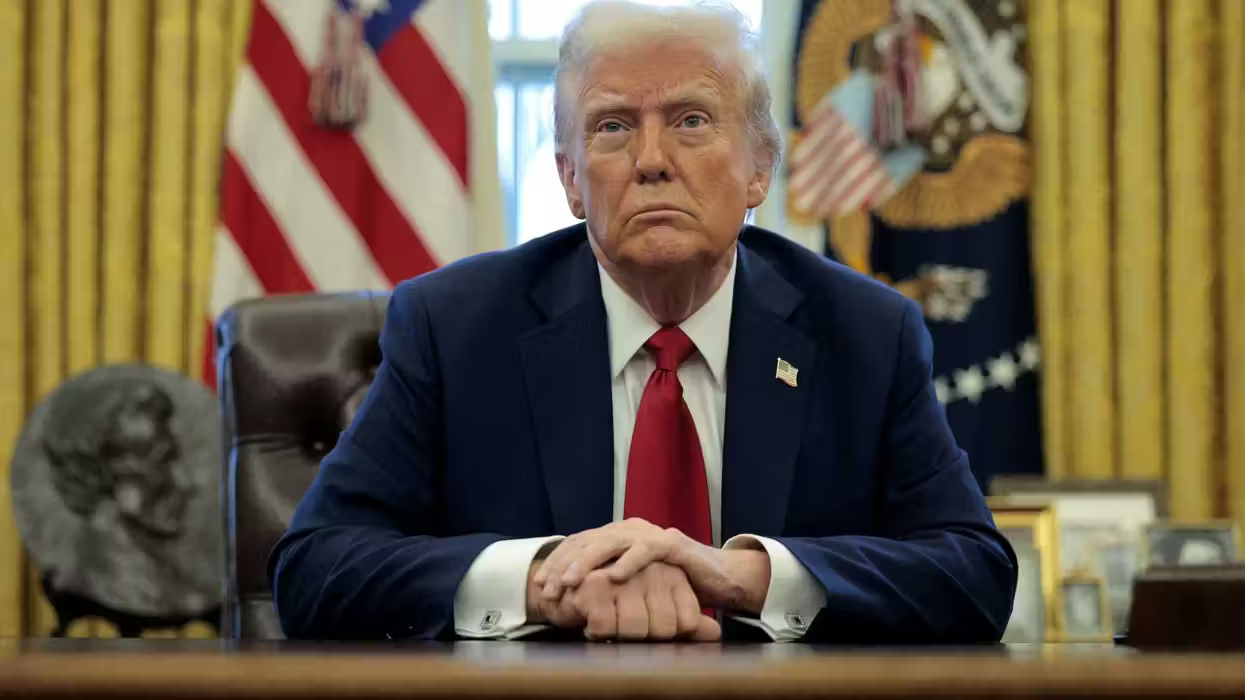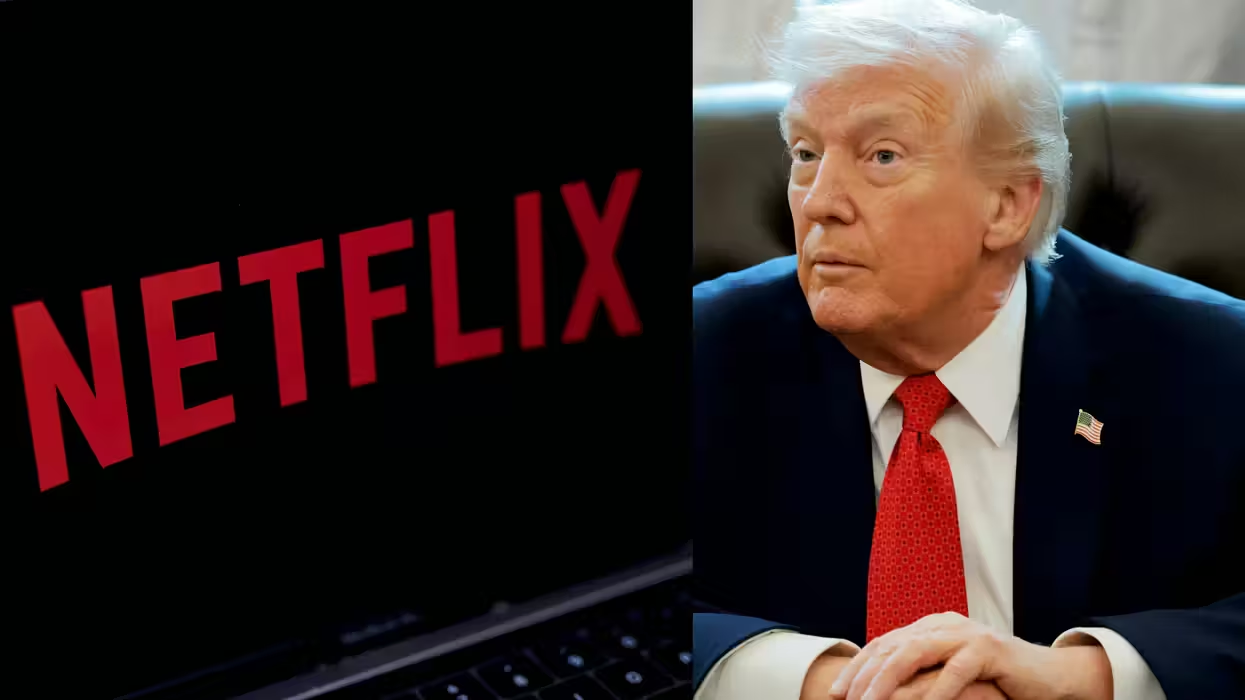The Republicans roared to victory on Tuesday, but even amid the celebrations, the path to 2016 remains far from clear.
“History suggests that the sixth-year election or midterms generally do not have a great deal of influence on a presidential race two years later,” Gary Rose, a political science professor for Sacred Heart University in Fairfield, Connecticut, told TheBlaze. “You have to be careful about drawing conclusions. Issues can be different in two years.”
Still, the results may provide an indication of where some of the most serious GOP presidential contenders may be headed.
“It could have implications on who emerges on the Republican side and winnow the field to the top-tier candidates," Rose said.
 Getty Images
Getty Images
1. Chris Christie
Some likely presidential contenders who hit the trail this year for successful Republican candidates might expect a favor once it’s time for endorsements come 2016.
New Jersey Gov. Chris Christie, who chairs the Republican Governors Association, occasionally finds himself on the outs with conservatives in the GOP. But his fundraising skills and hard-charging campaign style gave a boost to many new Republican governor-elects in blue states such as Illinois, Maryland and Massachusetts and also helped incumbent purple-state governors in close races in Florida and Wisconsin.
“In 2014, we’ve seen Republicans crisscrossing the country building up IOUs,” Rose said. “Chris Christie, as chairman of the RGA, has IOUs and has a network of support."
 AP
AP
2. Rand Paul
Another presumed 2016 candidate who could draw on his midterm campaigning to build support is Sen. Rand Paul. After throwing his full-throttled support behind fellow Kentucky Sen. Mitch McConnell, Paul could see his status rise even more after McConnell is elected Senate majority leader.
A political odd couple in some ways, Paul was the libertarian Tea Party candidate in 2010 who upset McConnell’s handpicked candidate in the Republican Senate primary, Trey Grayson. Now McConnell, with strong ties to big GOP donors, could be helpful to Paul’s presidential ambitions — even if under the radar, since party leaders often refrain from endorsing in primaries.
“McConnell's support will be crucial to any Paul run for the presidency, overt and covert support,” said Edward Yager, a political science professor at Western Kentucky University.
3. Ted Cruz
 AP
AP
But it could be Texas Sen. Ted Cruz who's the big winner from the new Senate majority as far as 2016 goes, said Richard Kelsey, assistant dean of the George Mason University School of Law.
“Ted Cruz has shown he intends not to play the caste system and will go on to do what he feels he was elected to do, irrespective of rank,” Kelsey said.
Cruz – a big conservative favorite – gained national fame for an all-night speech against Obamacare and for being instrumental in the 2013 government shutdown.
“He is trying to emerge as the de facto leader of movement conservatives,” Kelsey said. “If he pulls it off, he will have a better chance as emerging as the Republican Party’s 2016 candidate, because if he wins over colleagues, he will move the agenda."
But Cruz, Kelsey added, is "the biggest risk-taker."
"When you are the biggest risk-taker, the rewards can be great or it can be costly," he said. "Still, he has the most to gain from the Republican majority."
4. Scott Walker
 AP
AP
Scott Walker, meanwhile, was elected governor of Wisconsin for the third time in four years, in a state that has voted Democrat in every presidential election since 1984.
Walker gained national prominence for taking on public employee unions and winning a recall election in 2012. Though most pre-election polls said the race was within the margin of error, Walker outperformed expectations and won convincingly Tuesday.
“As a result of his policies, he was the biggest target of the Democrats this year. Investigations and all other factors were designed to beat Walker at any cost,” Kelsey said. “He is a big motivator for conservatives.”
The win allows Walker to enter a national race with an aura of electability, said Geoff Skelley, an assistant editor with the University of Virginia’s Center for Politics.
“He is a survivor and can be seen as a defiant conservative even as Democrats have tried unsuccessfully to undo his agenda,” Skelley said.
5. Hillary Clinton
Analysts who spoke to TheBlaze agree that former Secretary of State Hillary Clinton is most likely a lock for the Democratic presidential nomination and for now, she's stronger than most GOP contenders.
But that could change during a campaign, Skelley said.
“If the outgoing president’s approval rating is still low, it could hurt. Does Obama stay where he is? Does the economy sink or improve?” Skelley said. “His numbers could improve if he’s fighting with a Republican Congress. But even if Hillary Clinton is the nominee, it’s hard for the same party to win the White House three times in a row, particularly if the economy is still dragging.”

 Getty Images
Getty Images






